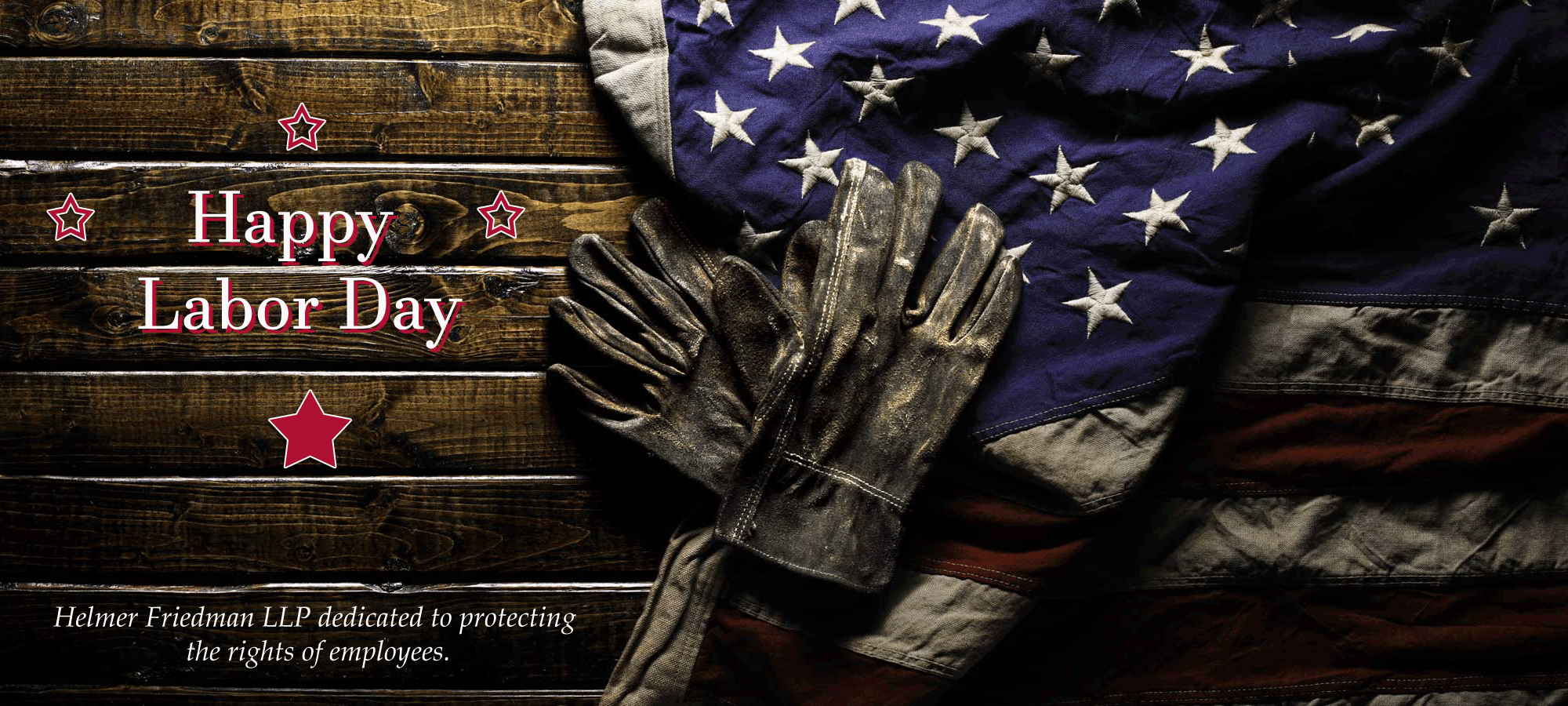Employee’s Claims Under FEHA Based On Her Termination For Refusing To Get A Flu Vaccine Without A Medically Recognized Contraindication To Getting The Flu Vaccine Were Properly Dismissed
Hodges v. Cedars-Sinai Medical Center, 2023 WL 3558767 (2023)
Deanna Hodges is a former employee of Cedars-Sinai Medical Center. As a condition of her continued employment, she was required to get a flu vaccine unless she obtained a valid exemption—one establishing a medically recognized contraindication to getting the flu vaccine. Her doctor wrote a note recommending an exemption for various reasons, including her history of cancer and general allergies. None of the reasons was a medically recognized contraindication to getting the flu vaccine. Cedars denied the exemption request. Hodges still refused to get the vaccine. Cedars terminated her. Hodges sued Cedars for disability discrimination and related claims under the Fair Employment and Housing Act (FEHA). The trial court granted Cedars’s motion for summary judgment.
On appeal, the Court of Appeal affirmed:
- There is no triable issue of fact as to physical disability discrimination.
Plaintiff argues her cancer history and neuropathy amount to a physical disability because they “make it impossible for her to work as she cannot work as she cannot get vaccinated. Her disabilities limited her ability to safely receive the vaccine.” To be clear, the plaintiff admits her cancer history and neuropathy in no way otherwise limited her ability to work.
By this argument, the plaintiff asserts she has a physical disability within the meaning of section 12926, subdivision (m)(1), which provides that a physiological condition that affects one or more enumerated body systems and “limits a major life activity” is a “physical disability” for purposes of FEHA. Working is expressly defined as a major life activity.
In moving for summary judgment, Cedars introduced evidence that the plaintiff was not disabled and could not prove she was disabled. It offered official guidance from the CDC and testimony from [a medical expert] that there were only two medically recognized contraindications for getting the flu vaccine. It offered testimony from the plaintiff and [plaintiff’s physician] that she had never been diagnosed with either contraindication. [Plaintiff’s physician] further acknowledged that none of the conditions he listed on her exemption form were recognized contraindications for getting the flu vaccine. If this were not enough, Cedars also offered evidence that, before she was terminated, [plaintiff’s physician] advised plaintiff to reconsider her decision not to get the vaccine and that, under CDC guidelines, plaintiff’s cancer history was not a contraindication but rather an indication—a condition making it advisable—that a person get vaccinated.




